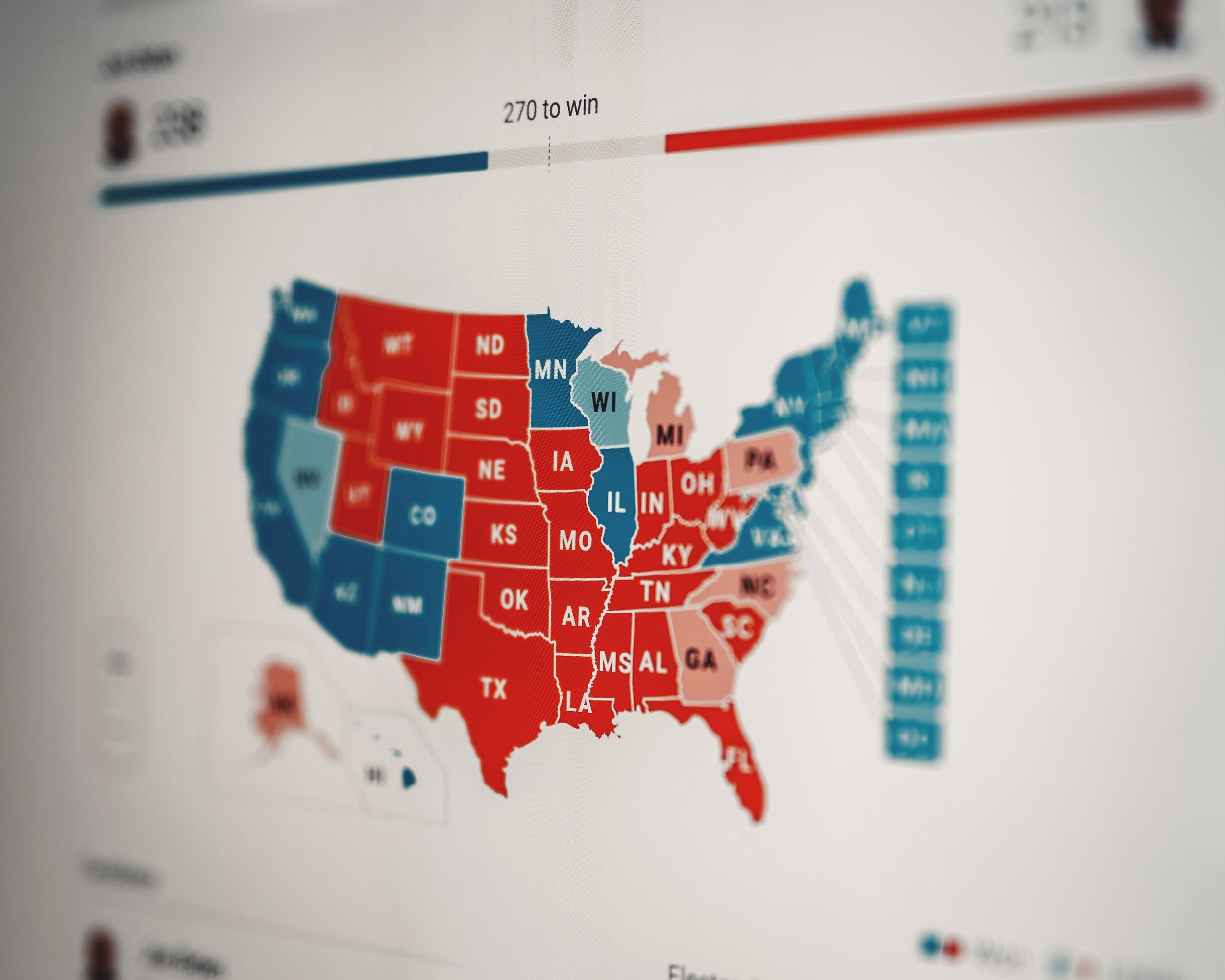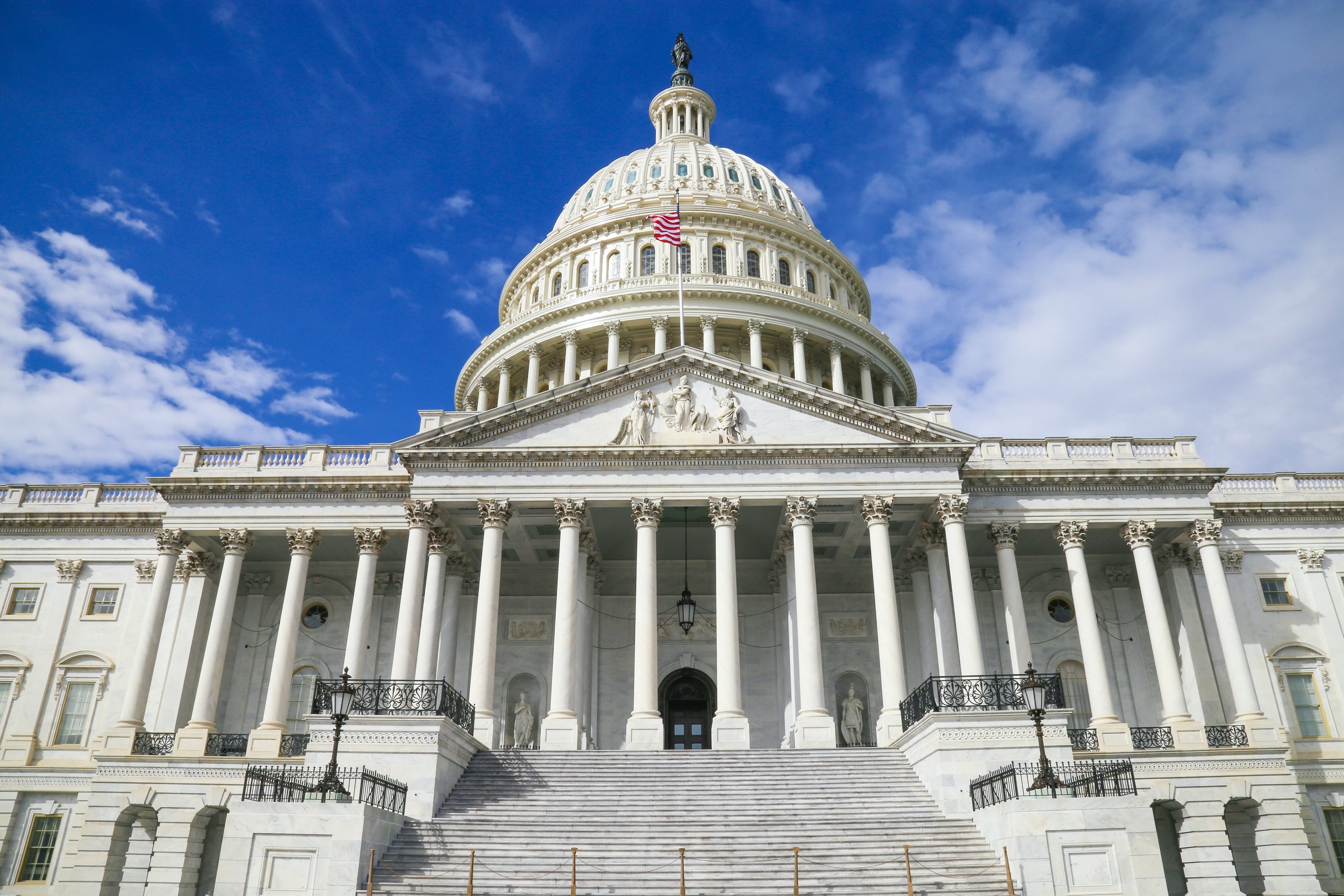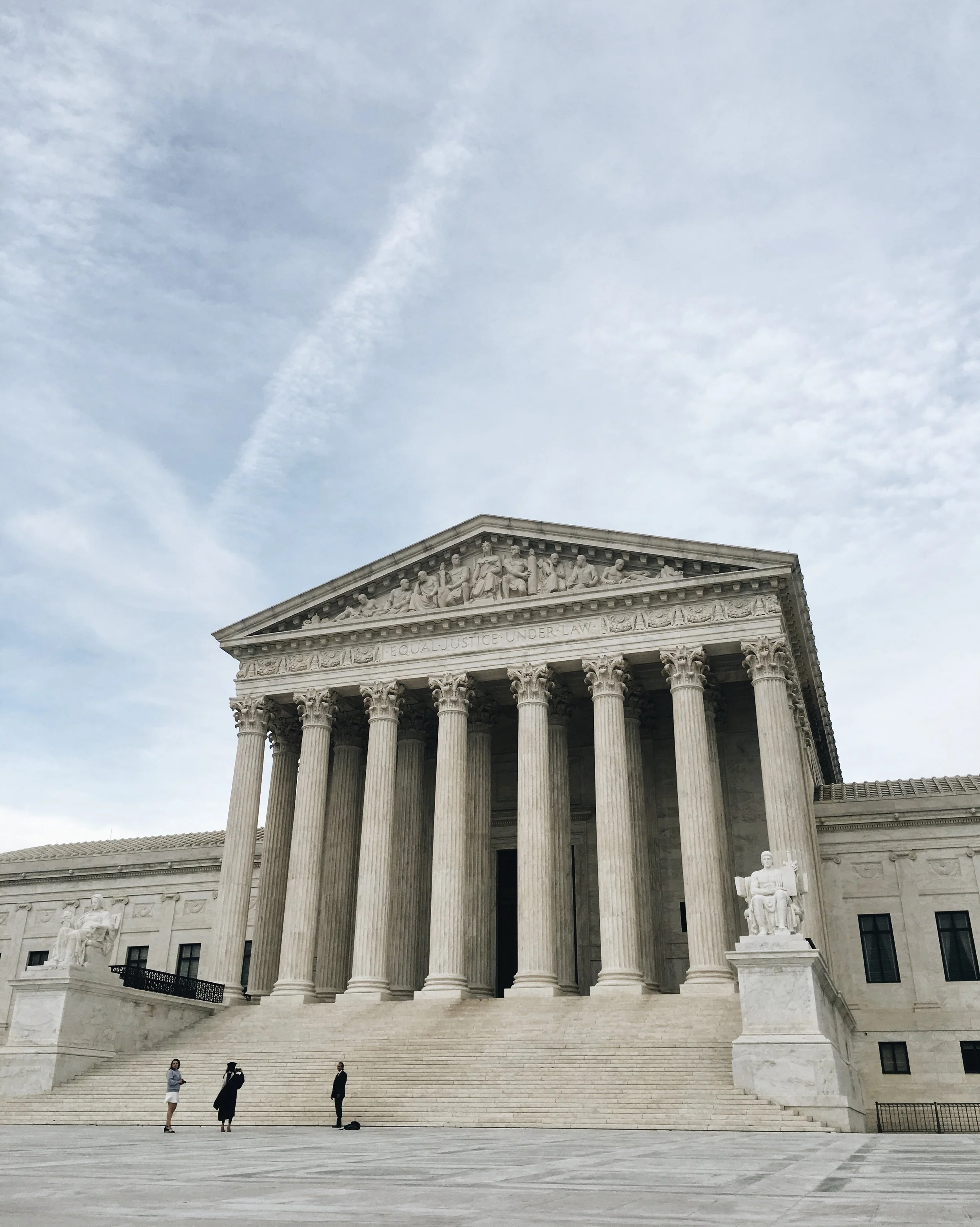What Comes After January 6? On the Contingent Congressional Procedure
Most criticism of the system of presidential election focuses on the Electoral College, and most criticism of the Electoral College focuses narrowly on the shortcomings of the Electoral College itself. The objections are well known. The most basic is an objection of political principle. The Electoral College, on its face, deviates from the democratic principle of one-person-one-vote and gives the vote of a citizen in Wyoming approximately the same weight as 3.5 votes in California. The result is an unequal distribution of political power, both between citizens and among states. We can call this the 3.5:1 problem.
Beyond Sisyphus: Some Thoughts on Electoral College Reform
This essay, though written by a historian of the American Revolution and Constitution, will not dwell at length on the origins and early evolution of the presidential election system – subjects that its author has already examined elsewhere. An opening section will nonetheless summarize and stipulate key historical points essential to the overall argument. Two of these will be stated rather concisely; the third, which relates to early experiments in manipulating the rules for appointing electors, will be developed at somewhat greater length, in part because our fascination with the 1800 tie vote of running-mates Thomas Jefferson and Aaron Burr has led us to slight other developments of equal importance. The emphasis will then shift to the concerns, principles, and ideas that should guide or inform any effort to replace the existing state-based system of presidential elections with a National Popular Vote (NPV). This goal can be attained only through an Article V amendment, and not via the National Popular Vote Interstate Compact (NPVIC), which is a Rube Goldberg constitutional conjuring trick that is fatally flawed.
No More January Sixths: A Constitutional Proposal to Take Politics Out of Presidential Election Mechanics
The shocking events of January 6, 2021, in Washington should spark legal reform. But the focus of this essay is not the storming of the Capitol. Rather, this essay focuses on the ill-considered legal mechanics for the presidential Electoral vote, through which members of Congress “objected” to the counting of votes for Joe Biden, who won the 2020 election, in the midst of months of haphazard litigation and vague claims of a “steal.” The system that American law uses to count presidential votes was not anticipated by the Framers of the Constitution and surely is not a sensible method for concluding the most important election in the world.
Crisis and Disconnect: Electoral Legitimacy and Proposals for Election Reform
There is a crisis in American elections. A large and apparently growing percentage of Americans are simply unwilling to accept that an election lost by their preferred candidates was an honest result. On the political right, the typical cry is “fraud.” On the left, it is “vote suppression.” These beliefs are almost entirely disconnected from the facts. By almost any standard, fraud in American elections is relatively trivial and less common than it has been throughout much of history. And contrary to claims of “suppression,” there have never been fewer obstacles to voting in the United States.
Supreme Court Arrests Regulatory Law on Climate and Sustainable Power
The Supreme Court is empowered to restrict the exercise of legal action by the other two co-equal branches of government. The Court recently issued four successive decisions that stopped the Executive Branch in its tracks: holding that federal common law was federally displaced and could not address climate, then restricting Executive Branch regulatory “tailoring,” then blocking executive branch power due to failure to consider costs of its regulation, and finally enjoining executive branch regulatory authority over climate. Amid the current sprint to reduce carbon emissions by any means to preserve the climate, the Court’s legal restraints truncated federal government action regarding climate change.
Amazon’s Neighborhood Watch
DoorBot, a technology startup, featured on the fifth season of NBC’s hit entrepreneurial reality show, Shark Tank. It offered customers the ability to see, hear, and speak to anyone at their front door with its single product, the “video doorbell.” After the product pitch, Robert Herjavec, one of the investor-sharks, said “it freaks me out.” DoorBot did not secure a deal.






